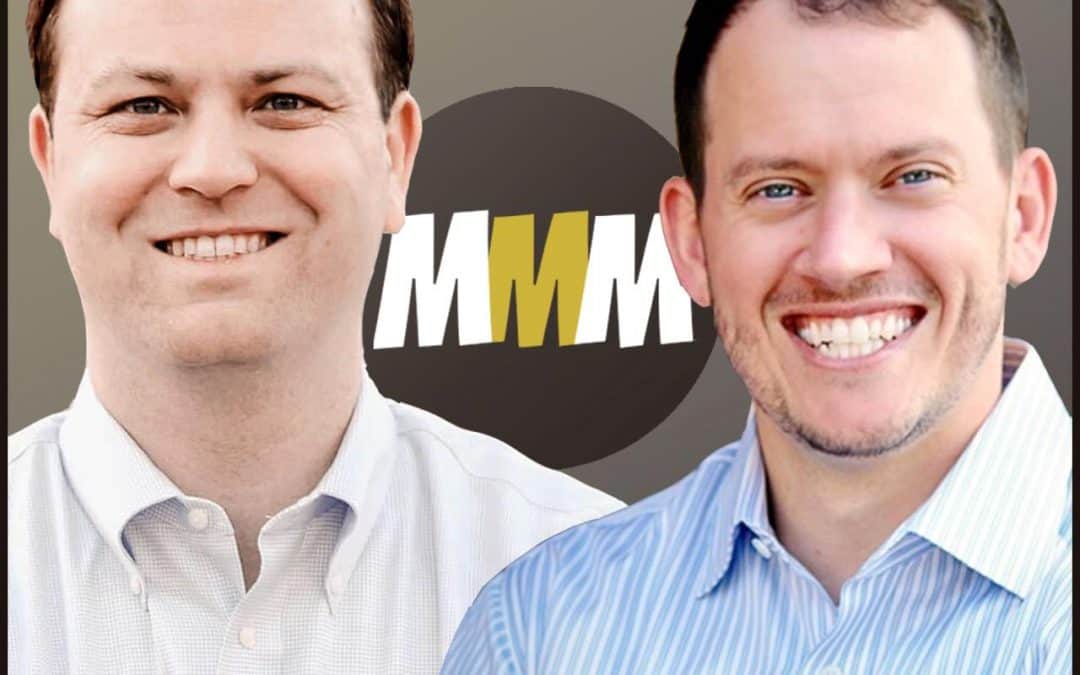Money Meets Medicine Podcast
MMM #25: Good Help Ain’t Cheap When It Comes to Financial Planners
If you want something done right, you better do it yourself… or pay good money to find someone to help you do it! This is particularly true when it comes to matters of personal finance. It is hard enough to find good help in the financial world and, even when you do, you are going to pay for it. How do you separate what’s worth the money and what’s not? That’s what this episode is all about.
What You’ll Learn:
In today’s episode of Money Meets Medicine, “Good Help Ain’t Cheap When It Comes to Financial Planners,” you’re going to learn:
- What good financial advice ACTUALLY looks like.
- How to separate the good financial advice from the bad.
- What’s the gold standard for financial advising
- The questions you need to ask a financial advisor before you hire one.
- And more!
Resources from the Episode:
Recommended Financial Planners
The Gold-Standard of Financial Planning
Saving Money. How Much is Enough? The 30% Rule
This Episode’s Sponsor
This episode is brought to you by Physician Wealth Services. You may have heard of it before, and that’s because it is the flat fee-only firm run by none other than my co-host Ryan Inman.
I’ve known Ryan for some time now and I can tell you two things about Ryan that stand out. The first is his practice structure, which provides a fair flat fee that is both transparent and fair. It certainly meets the gold-standard that I tell my students to find. The second is that Ryan and his practice partner Kayse do everything within their power to optimize and individualize plans to best suit their clients’ needs.
This is one of the reasons that Physician Wealth Services makes my very small list of recommended financial planners. If you want to see if Physician Wealth Services would be a good fit for you, visit https://thephysicianphilosopher.com/Inman to schedule a free introductory call.
Listener Question of the Week:
This episodes’ listener question comes from Grant via Twitter:
“Advice for transitioning to new attendings with possible student loan payments being pushed back until September 2020, would you adjust your plan of attack with how you use your money budgeted for your WAR? Of course keeping WAR rate the same and knowing loans will come due.”
Each episode, we are going to start including listener questions as they are provided to us. So, if you have a specific question you’d like answered on the podcast reach out to us! Email [email protected] or [email protected]
TPP
You might also be interested in…
Following the Financial Crowd
Have you ever left a sporting event, following the crowd, and suddenly realized you were walking the wrong way? What if I told you this phenomenon has a name, and it impacts your money, too?
Understanding our own behavior when it comes to finance is essential because it helps us mitigate wrong-for-us decision making around money. Unless you know these roadblocks exist, you can’t do much to stop them from derailing your financial goals.
Last week, we shared why human behavior matters for our financial lives by taking a look at the first 5 out of 10 psychological phenomena that can (and do) affect your personal finance goals: greed, fear, ego/overconfidence, loss aversion, and analysis paralysis.
This week, we’re diving back into behavioral finance (one of our favorite topics) to share five more types of unchecked human behavior that can sabotage your journey to building the wealth you want.
Greed, FOMO, and Bad Investments
Despite our best intentions, certain emotions can keep us from building wealth. After many years arming physicians with the information they need to achieve financial wellness, I had a significant realization.
Information is one thing – behavior is another.
As the saying goes, money is 80% behavior and only 20% math.
Not only do I want to share important information about personal finance, I also want to help you recognize how certain behaviors can (and do) affect your finances.
Drawing from one of the classic books about investing, let’s go over five common behaviors that could be keeping you from achieving your financial goals.
How Doctors Can Get Good Financial Advice
Many doctors and high-income professionals hire financial advisors for any number of reasons. Either they’re too busy to handle their finances themselves, they don’t really know how to invest, or they want an expert on their side to make sure they’re on the right track.
So allow me to say from the start: I’m not against financial advisors, but I am against doctors (or anyone, really) being overcharged for bad advice.
There’s no shame in asking for help – you just want to get the help you need at a fair price.
You should be equipped enough to vet and evaluate your financial advisor so you’ll know whether they’re working well on your behalf. How can you be as confident as possible they’re acting in your best interest? This episode will help you find out.
Are you ready to live a life you love?
© 2021 The Physician Philosopher | Website by The Good Alliance





0 Comments